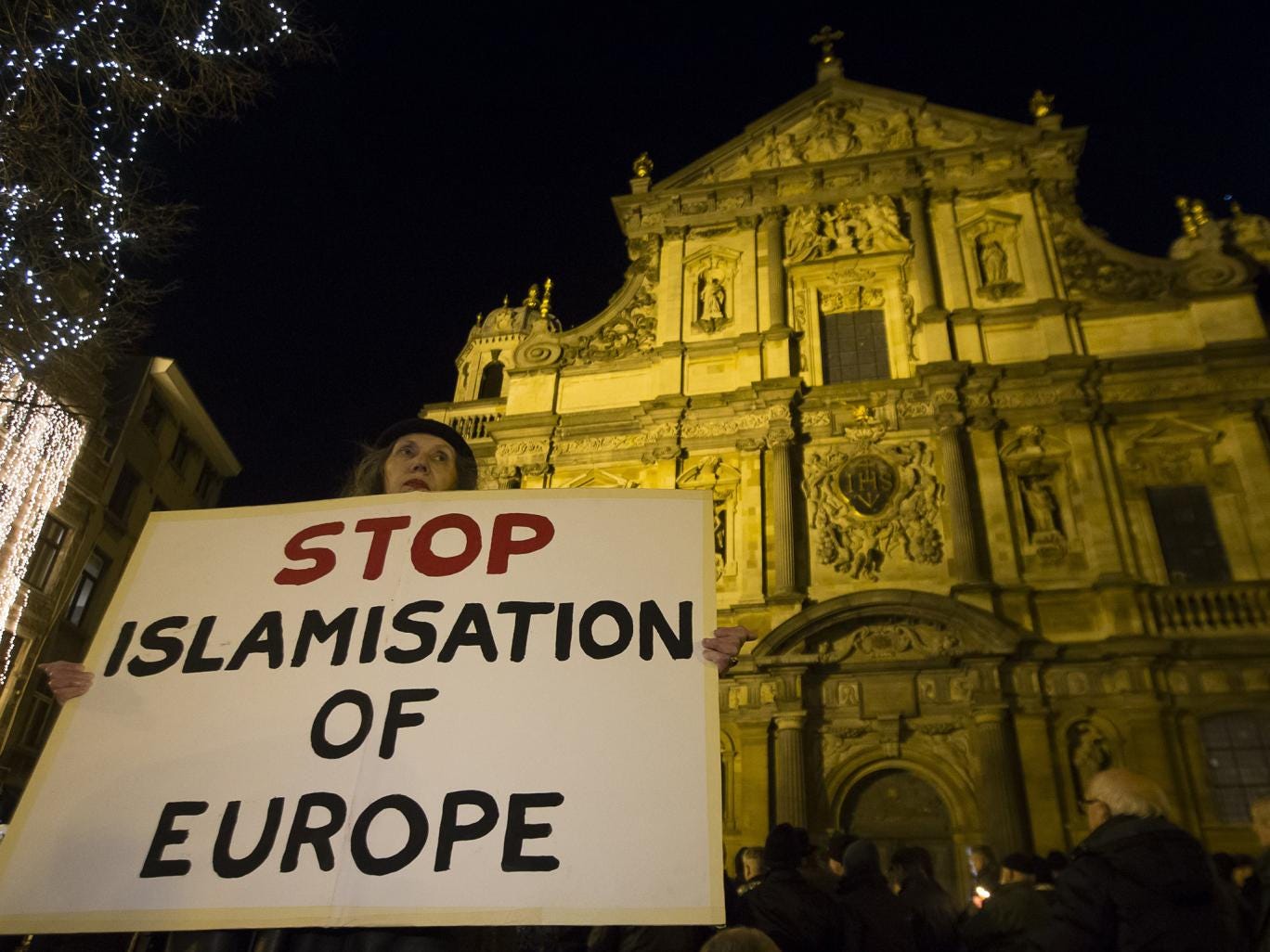There are many reasons why Belgium has become a hotbed of
radical Islamism. Some of the answers may lie in the implanting of Saudi
Salafist preachers in the country from the 1960s.
Keen to secure oil contracts, Belgium’s King Baudouin made an offer
to Saudi King Faisal, who had visited Brussels in 1967: Belgium would
set up a mosque in the capital, and hire Gulf-trained clerics.
At the time, Belgium was encouraging Moroccan and Turkish workers to
come into the country as cheap labour. The deal between the two Kings
would make the mosque their main place of worship.
Brussels already had the perfect place. An oriental pavilion designed
by Belgian architect Ernest Van Humbeek had been built in the capital’s
Cinquantenaire park in 1879, but was falling into disuse. The 1967 deal
gave the Saudis a 99-year, rent-free lease. The pavilion was
refashioned by the Saudis, opening in 1978 as the Great Mosque of
Brussels, as well as the seat of the Islamic and Cultural Centre of
Belgium (ICC).
Although the mosque was treated as the official voice of Muslims in
Belgium, its radical Salafist teachings came from a very different
tradition to the Islam of the new immigrants. Today, there are around
600,000 people of Moroccan and Turkish origin in Belgium, a country of
11 million.
CLICK TO READ MORE

































No comments:
Post a Comment